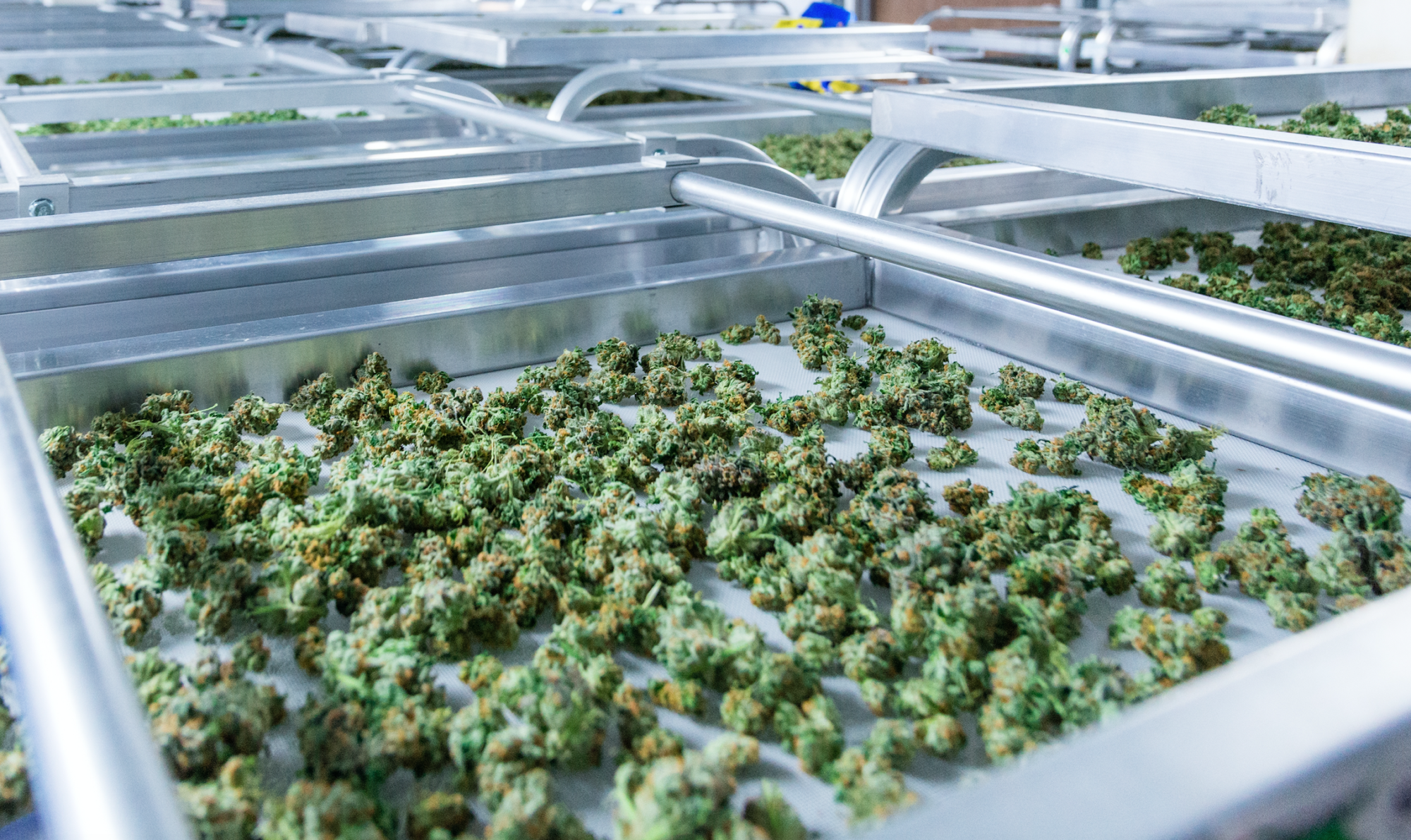A campaign to legalize adult cannabis use in Missouri is emphasizing the use of new revenue to automatically expunge nonviolent cannabis-related criminal records.
Legal Missouri 2022, a statewide coalition, filed a ballot initiative with the state last week seeking to legalize recreational marijuana use while expunging criminal records for those with low-level marijuana offenses. Marijuana possession accounted for nearly half of all drug-related arrests between 2010-2018 with almost 21,000 arrests reported in 2018 alone, according to the coalition.
“Missouri shouldn’t legalize marijuana without automatically expunging thousands of criminal records for marijuana offenses that will soon be legal,” John Bowman, president of the St. Louis County NAACP, said. “We enthusiastically support this ballot initiative, which will be the single largest criminal justice reform undertaken in Missouri and long overdue.”
The petition would allow all Missourians over the age of 21 to purchase, possess, cultivate, and use marijuana recreationally. A 6 percent sales tax would be collected and would fund automatic expungements, with the remainder split between health care for veterans, the state’s public defender system, and drug addiction treatment. Local governments would also be able to assess their own sales tax up to 3 percent.
Another provision would create a new category of license aimed at small businesses, a move the group said would bolster disadvantaged communities and add around 144 new businesses across the state.
“There’s widespread support among Missouri voters to regulate, tax, and legalize marijuana,” said Legal Missouri 2022 Campaign Manager John Payne. “The status quo has allowed an unsafe, illegal market to thrive in Missouri, while preventing law enforcement from truly prioritizing the fight against violent crime. Now is the time for Missouri to join the 19 other states to have successfully regulated and taxed adult-use marijuana, bringing millions in new funding for vital state services.”
The move isn’t without its critics: Fair Access Missouri, a group recently approved to circulate its own cannabis legalization language after multiple revisions, warned the 38-page petition was likely “trying to pull a fast one on voters.”
“Hidden in the fine print is another shady scheme from the people who gave us our current mess — except this time, they’re trying to give themselves a constitutionally-protected monopoly on a statewide adult-use cannabis market,” Fair Access Missouri said in a group statement. “We all know Missourians are ready to legalize marijuana. It’s common sense. The question is whether we will have an artificially closed market that can’t be fixed, or whether we will have an open market that empowers consumers and encourages entrepreneurship.”
The petition was filed Friday. The Secretary of State’s Office is accepting comments as it drafts ballot summary language.
Missouri’s medical marijuana program was established by 2018’s Amendment 2 with around 65 percent of Missouri voters casting their ballots in support of the initiative. The measure created a framework where physicians may recommend marijuana or marijuana products to treat nine qualifying conditions — such as PTSD, seizures, cancer, and epilepsy — and “any other chronic, debilitating or other medical condition” at the professional judgment of the physician.
In addition to 56,488 new licensees reportedly issued in 2020, 12,062 patient licenses were renewed, according to the Department of Health and Senior Services (DHSS). DHSS also began inspections on facilities last year, approving 17 dispensary facilities, 10 cultivation operations, two testing labs, two transportation centers, and a manufacturing operation. The department made its first transfer of $2.1 million to the Missouri Veterans Commission last September.

Cameron Gerber studied journalism at Lincoln University. Prior to Lincoln, he earned an associate’s degree from State Fair Community College. Cameron is a native of Eldon, Missouri.
Contact Cameron at cameron@themissouritimes.com.
















































